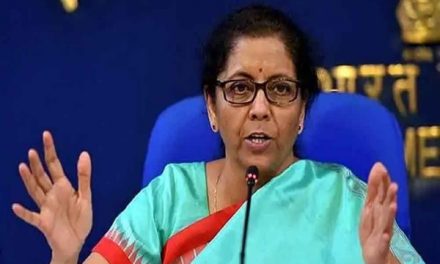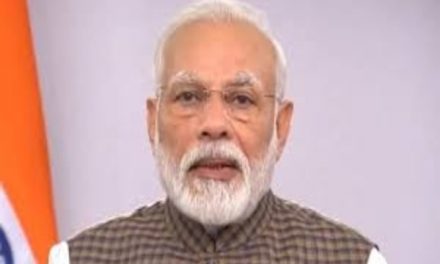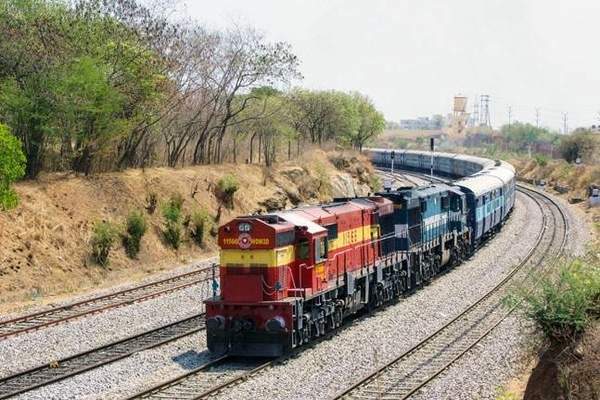The people helping the road accidents victims on the spot can no longer be put through legal quagmire at the hospital or later by law enforcement authorities. The Ministry of Road Transport and Highways (MoRTH) on Thursday notified the rules for the protection of Good Samaritans. The rules provide for the rights of good samaritan which include that the good samaritan be treated respectfully without any discrimination on the grounds of religion, nationality, caste, or sex.
The Centre on Wednesday notified the rules on the rights of Good Samaritans and how they should be treated in the eyes of the law.
As per the new rules, the Good Samaritan will have the right to be treated respectfully without discrimination on grounds of religion, nationality, caste, or sex. They will not be forced to disclose their name, address and identity if they do not want to. Hospitals will have to put up boards to display these rights.
As per the new rules, the Good Samaritan will have the right to be treated respectfully without discrimination on grounds of religion, nationality, caste, or sex. They will not be forced to disclose their name, address and identity if they do not want to. Hospitals will have to put up boards to display these rights.
If a Good Samaritan has agreed to help the police in an accident case, his statement should be taken at his home or office at a time convenient to him, if he so desires. The visiting police officer should be in plain clothes. The police will not be able to force him to become an eyewitness in a case, if he does not want to be. He can leave immediately, no questions asked.
The hospital or police official present in the hospital for medico-legal cases can no more compel the Good Samaritan to fill up forms of admission, nor can he be asked to go through other formalities of admission.
The Supreme Court in 2016 approved the Centre’s guidelines on a Good Samaritan law.
The World Health Organisation has also said in multiple reports that bystanders empowered with such protection can save accident victims proactively.
The NGO SaveLIFE Foundation had filed a PIL for a Good Samaritan Law. India witnesses around 1.5 lakh deaths, the highest in the world, due to road accidents.
Mean-while, India on Thursday reported 86,821 fresh cases of the coronavirus disease (Covid-19), taking the case tally to 6,312,584, according to the Union health ministry. The country also reported 1,181 new fatalities due to the virus in the last 24 hours, taking the death toll to 98,678. India has 9,40,705 active cases in the country, whereas a total of 52,73,201 people have been cured of the disease so far. While the country’s infection rate is at 15.11%, India’s recovery rate currently stands at 83.33%. A total of 7,56,19,781 samples have been tested for Covid-19 till September 30. Of these, 14,23,052 samples were tested on Wednesday, according to the Indian Council of Medical Research (ICMR).











